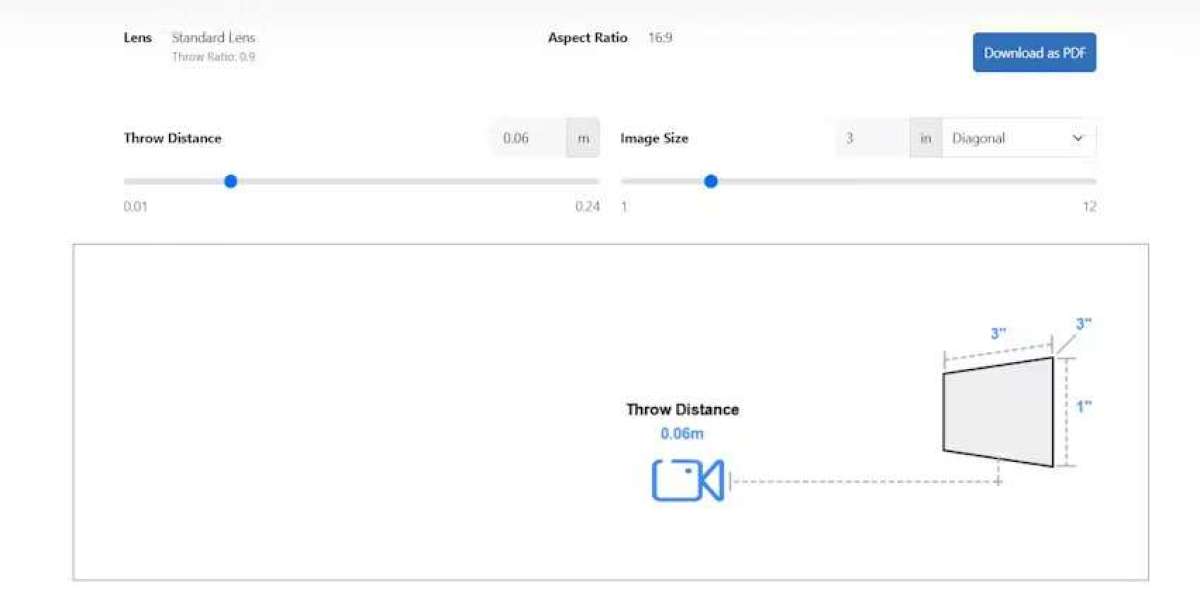Audio visual technology plays a critical role in creating impactful events, from corporate conferences and trade shows to concerts and community gatherings. The decision to either rent or purchase AV equipment can significantly affect both your budget and event execution. With options ranging from projectors and sound systems to LED video walls, choosing the right approach requires a careful evaluation of cost, frequency of use, storage, and maintenance. Much like the discussion of Video Wall vs Projector, understanding the advantages and limitations of renting versus purchasing can help event organizers make the best decision for their needs.
Renting AV Equipment
Renting AV equipment involves hiring technology from specialized providers for a specific event. This option has become increasingly popular for event planners who need high quality equipment without committing to long term ownership.
Key Advantages of Renting AV Equipment
Lower Upfront Costs
Renting allows you to access high end AV technology without the significant initial investment required for purchasing. This is ideal for organizations with limited budgets or for one time events.Access to the Latest Technology
Rental companies frequently update their inventory, giving you access to the newest projectors, LED video walls, and sound systems. This ensures that your event benefits from advanced features and superior performance.Reduced Maintenance Responsibilities
Rental providers handle maintenance, repairs, and setup. This reduces the operational burden on your team and ensures the equipment functions reliably during the event.Flexibility for Different Event Sizes
Renting allows you to scale your AV setup based on the size of the event. For example, you can rent a small projector for a workshop or a large video wall for a conference keynote session.No Storage Concerns
Post event, the equipment is returned to the rental provider, eliminating the need for storage space and additional security measures.
Ideal Scenarios for Renting AV Equipment
One time or infrequent events
Seasonal events or festivals
Small organizations without dedicated AV departments
Events requiring specialized or high end equipment temporarily
Purchasing AV Equipment
Purchasing AV equipment involves acquiring technology outright, which can be used repeatedly for multiple events over time. While this approach requires a larger initial investment, it can provide long term value for organizations with frequent AV needs.
Key Advantages of Purchasing AV Equipment
Long Term Cost Savings
For organizations that host multiple events each year, purchasing equipment can be more cost effective over time, avoiding repeated rental fees.Full Control and Customization
Owning your AV equipment gives you the flexibility to configure and customize it according to your exact requirements. You can integrate it into permanent setups or tailor it for different types of events.Immediate Availability
Purchased equipment is always available, eliminating the need to coordinate rental schedules or rely on third party providers. This is particularly useful for recurring or last minute events.Ability to Train Staff
With owned equipment, staff can become familiar with the system, reducing setup time and improving event execution.
Ideal Scenarios for Purchasing AV Equipment
Organizations hosting regular events or conferences
Venues with dedicated AV infrastructure
Companies or institutions with in house AV teams
Long term projects requiring consistent equipment performance
Comparing Rental and Purchase
When deciding between rental and purchase, several factors should be evaluated, including cost, flexibility, technology, and logistical considerations.
1. Cost Comparison
Renting has lower upfront costs but can become expensive over multiple events. Purchasing requires a significant initial investment but may be more economical if used frequently. Long term budgeting should account for maintenance, upgrades, and depreciation of owned equipment.
2. Equipment Variety and Technology
Rental providers offer a wide variety of the latest AV technology. Owning equipment may limit you to what you purchased, and upgrades may be costly. For events that demand cutting edge projectors, LED video walls, or immersive audio, rentals may provide access to superior technology.
3. Storage and Logistics
Purchased equipment needs secure storage and transportation between events, which adds to operational costs. Rentals eliminate these concerns, as the provider delivers, sets up, and retrieves the equipment.
4. Maintenance and Repairs
Ownership comes with the responsibility for maintenance, repairs, and occasional downtime. Rental equipment is usually maintained by the provider, ensuring reliability and reducing stress on your team.
5. Flexibility
Renting offers flexibility to adjust your setup for each event, allowing you to scale up or down as needed. Purchased equipment is fixed in capability unless you invest in additional gear.
6. Expertise and Support
Rental companies often provide trained technicians to set up and manage AV systems. Purchasing equipment requires your team to have the knowledge to install, troubleshoot, and operate the equipment efficiently.
Practical Considerations
Frequency of Use
If your organization hosts events multiple times per month, purchasing AV equipment may offer better long term value. For occasional events, renting is typically more cost effective.
Event Scale
Large scale events requiring specialized technology, such as LED video walls or high lumen projectors, may be better suited to rental due to the cost and complexity of purchasing.
Budget and Resources
Organizations with limited budgets or no dedicated AV team benefit from rentals. Companies with higher budgets and in house expertise can take advantage of purchased equipment to maximize ROI.
Conclusion
Deciding whether to rent or purchase AV equipment depends on the frequency of events, budget, technological requirements, and available resources. Renting offers flexibility, lower upfront costs, access to the latest technology, and reduced maintenance responsibilities. Purchasing provides long term savings, full control over equipment, and immediate availability for frequent use.
Much like the decision between Video Wall vs Projector, there is no one size fits all answer. Event organizers must evaluate their unique needs, event frequency, and budget to determine which approach delivers the best value and ensures a seamless AV experience.
By carefully weighing the advantages of rental versus purchase, organizations can create impactful events, engage audiences effectively, and make the most of their AV investment.
Read more: https://hallbook.com.br/blogs/766817/Projection-Screen-vs-Video-Wall-Which-Is-More-Cost-Effective












